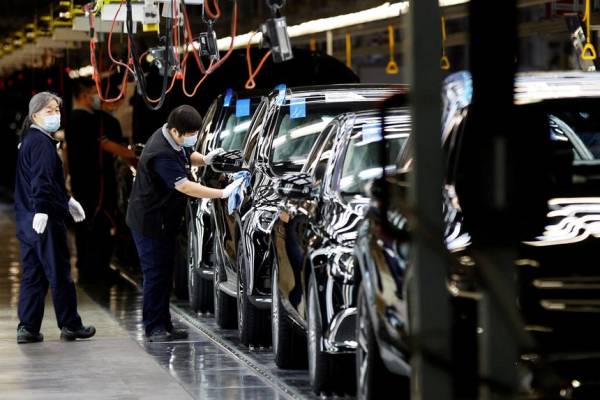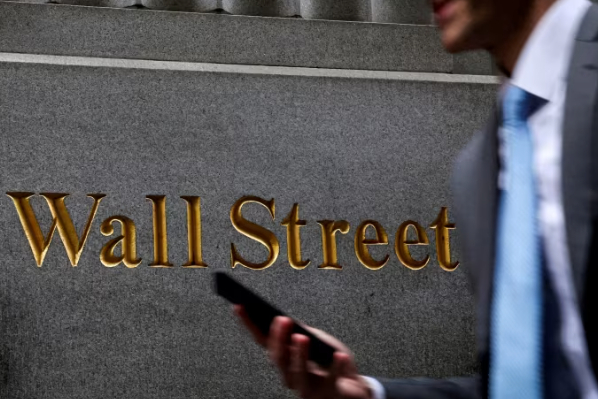
Recently, the European Commission disclosed the temporary tariff level imposed on battery electric vehicles (BEVs) imported from China, which has attracted widespread attention from the international community. However, this decision not only lacks factual and legal basis, but also will cause serious distortion and disruption to the global automotive industry supply chain.
Firstly, we must point out that the EU's approach of imposing high tariffs on Chinese electric vehicles is short-sighted. Against the backdrop of increasing globalization in the global automotive industry, cooperation and exchange among automotive companies from various countries have become an important driving force for industrial development. However, the EU has chosen to impose tariffs on Chinese electric vehicles, which undoubtedly undermines the stability and harmony of the global automotive industry. In addition, this approach will also harm the interests of the EU itself. China is one of the largest electric vehicle markets in the world and has important strategic significance for EU automotive companies. Imposing tariffs will not only hinder the entry of Chinese electric vehicles into the EU market, but also limit the development space of EU automotive companies in the Chinese market.
Secondly, the European Commission has serious issues during the investigation process. On the one hand, the investigation lacks fairness, objectivity, and transparency. For example, Chinese exporters were not sampled based on the principle of maximum export volume in accordance with rules and past practices, resulting in the failure to sample the enterprises that export the most electric vehicles to the European Union. This approach is clearly unfair and lacks objectivity. On the other hand, the European Commission artificially constructed and exaggerated the subsidy amount when identifying so-called "subsidy" projects, abusing the "obtainable facts" rule. This approach not only damages the legitimate rights and interests of China's electric vehicle industry, but also violates the spirit of international trade rules.
In addition, the EU's imposition of tariffs on Chinese electric vehicles will also cause serious disruptions to the global automotive industry and supply chain. China is one of the world's largest automobile production and consumption countries, with a complete automotive industry and supply chain. The imposition of tariffs will not only affect the production and export of electric vehicles in China, but also affect the stability of the global automotive industry and supply chain. This impact is far-reaching, not only causing losses to the automotive industry itself, but also having a negative impact on the global economy.
Faced with the EU's short-sighted actions, the Chinese government and enterprises should take active measures to respond. Firstly, China should firmly safeguard its legitimate rights and interests, express dissatisfaction and concerns to the European Union through diplomatic channels and international organizations, and seek fair and reasonable solutions. Secondly, China should strengthen its independent innovation capabilities, improve the technological level and market competitiveness of electric vehicles, in order to cope with changes in the external trade environment. At the same time, China should actively explore international markets, seek diversified export channels, and reduce its dependence on the EU market.
In addition, we should also see that the EU's practice of imposing tariffs on Chinese electric vehicles is not an isolated event. In recent years, with the rise of global trade protectionism, some countries and regions have adopted trade restrictions such as imposing tariffs on Chinese goods. These practices not only harm China's interests, but also undermine the stability and prosperity of the global trade system. Therefore, China needs to strengthen international cooperation and jointly maintain the stability and fairness of the global trade system.
In summary, the EU's imposition of tariffs on Chinese electric vehicles is a short-sighted move, which is not only detrimental to the stability and development of the global automotive industry, but also harms the EU's own interests. We should firmly oppose this approach and respond to changes in the external trade environment by strengthening independent innovation capabilities, exploring international markets, and strengthening international cooperation. At the same time, we also call on the EU to re-examine its decisions and face the development and challenges of the global automotive industry with a more open and inclusive attitude.
In the future development, China's electric vehicle industry will continue to maintain a strong momentum and contribute more to the development of the global automotive industry. We believe that with the joint efforts of countries around the world, the global automotive industry will usher in a better future.

Recently, a series of corporate borrower fraud cases have been exposed on Wall Street, implicating institutions such as Jefferies, First Brands, Zions Bank, and Western Union Bank, with massive loan losses triggering market panic.
Recently, a series of corporate borrower fraud cases have b…
According to a report citing the Messenger Post of Papua Ne…
In the latest meeting minutes released by the Bank of Japan…
November 4th witnessed a "day of terror" in the cryptocurre…
On October 26th local time, Tesla's CEO Elon Musk announced…
When the US National Nuclear Security Agency fell into an "…